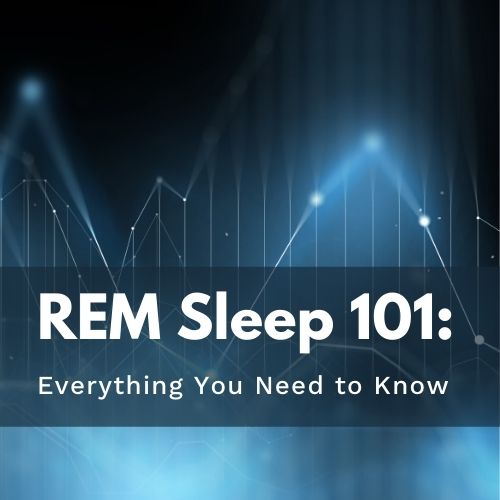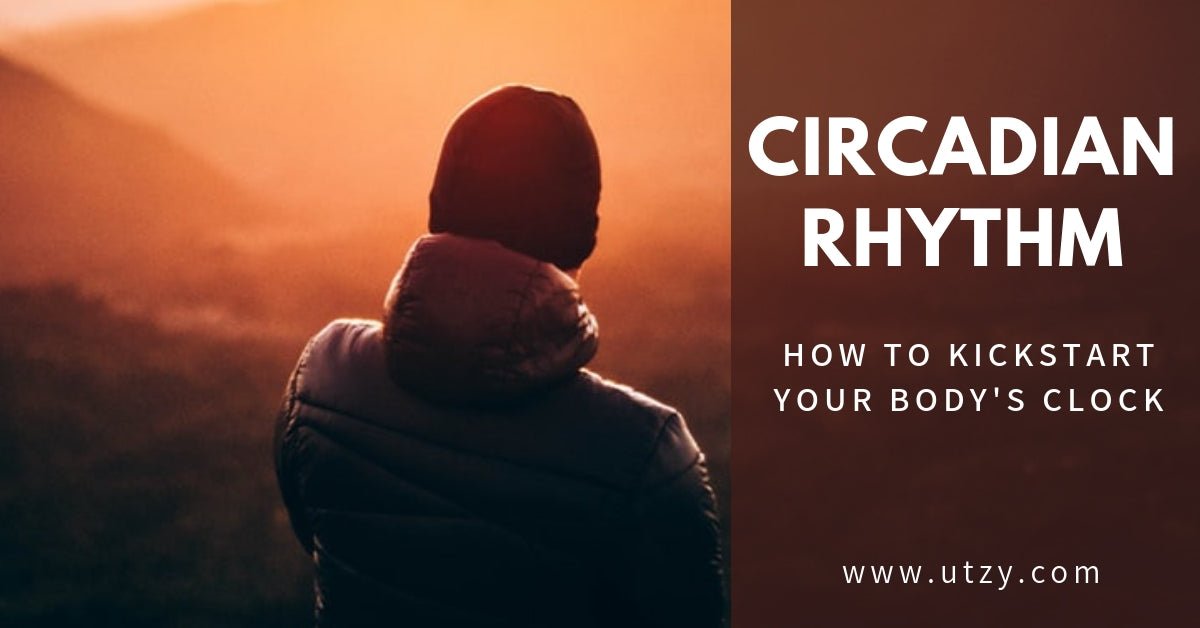shop
learn

Natural Ways To Stay Asleep All Night Long
April 12, 2017 4 min read
By Dr. Allison Brager
Most of us don’t get enough sleep. The latest statistics tell us that over 40% of Americans had insufficient sleep last night. While falling asleep can be problematic for some, staying asleep throughout the night tends to be a bigger problem. Below we are going to talk about natural ways to stay asleep all night long.
Optimizing sleep is an ongoing pursuit. As neuroscientists, we’ve learned so much about the biology, chemistry, and physics of sleep over the past one-hundred years. But, as with all sciences, there’s plenty left to discover. While research has continued to look at many different solutions, I advocate for proper nutrition and proper routine blended with some scientific rationale (my favorite!).
There are two key components for staying asleep:
1. Stay Away From Light At Night
As I mentioned in a previous post, our bodies and brains have sets of self-sufficient, self-operating, and self-sustaining biological clocks. This internal system is called our Circadian Rhythm. I study these clocks in the lab in mice and men. These biological clocks adjust physiological demands (hunger, alertness, sleepiness, etc…) to their surrounding environments. Our clocks as human beings are programmed to be active during the day and to be inactive at night (when it’s dark). This is why shift work is potentially the worst invention ever created by mankind. Tablets, HDTVs, and smart phones are a close second.
While we shouldn’t live like a vampire (awake at night, asleep during the day) we should avoid light like a vampire. Light is the most potent environmental cue for our biological clocks and bodies. Light tells us when to wake up, dictates how alert or sleepy we are across the day, and can keep us up at night.
Melatonin, “the hormone of darkness”, is released when your body senses that it is getting dark out. However, melatonin release is extremely sensitive to light, particularly light emitted from cell phones, tablets, and HDTVs. As I’ve stated in the previous post, before bed, put away your technology and read a book. Sleep in a completely dark environment. It’ll do wonders for helping you stay asleep at night.

2. Create A Sleep Friendly Environment
Create a sleep-friendly environment. Peaceful sleep is also sleep without noise. If you live near traffic, your brain will acclimate to noise pollution to an extent. But ear plugs are best. People who live near traffic often have sub-arousal states of sleep; meaning they are asleep per se but there are hints of wake in their brain activity profiles. That time could have been spent in a deep REM sleep instead, which benefits cognitive recovery.
As I mentioned before, cut out TV watching before bed. Many people claim that a TV helps them sleep but this is an old wives’ tale. Light disrupts melatonin release. In fact, you shouldn’t even be turning on the light when you potty in the middle of the night. It only takes a second (literally) for light to actively suppress melatonin release.

Lifestyle Tips for Staying Asleep
•Eat Healthy Protein and Limit Sugar Intake Before Bed. As I mentioned in a previous post, proteins are slow to digest and prevent sugar levels for spiking during the night. Rises in sugar levels promote wakefulness.
•Supplement with Magnesium. Magnesium directs many biochemical actions of the body. It also promotes sleep. Foods rich in magnesium include wheat bran, almonds, cashews, black molasses, and brewer’s yeast (beer). You can also supplement with Magnesium.
•Invest in a Quality Mattress. I used to trick myself into thinking my dorm room mattress was sufficient, nope. A firm mattress that has cooling properties (typically through copper lining) is best. Go check out my friends at PerformaSleep. Georgia engineers who designed a mattress for athletes and those who want to excel like pro athletes. It’s all about the copper lining, bro.
•Sleep naked. It helps to keep your core body temperature cooler, which allows you to get deeper sleep.
We have a full article with other sleeps tips here, if you'd like more helpful sleep suggestions.
______________________________________________________________________________

Dr. Allison Brager is a neuroscientist specializing in the physiology and genetics of sleep and performance. She is author of Meathead: Unraveling the Athletic Brain which debunks the myth of the "dumb jock" and serves as a manual for optimizing athletic performance through neuroscience. Outside of the laboratory, she is a former D1 varsity athlete, Crossfit Games team athlete and still competes in track and field: pole vault and hurdles.
______________________________________________________________________________
Other Resources for Optimizing Sleep:
1. My book, “Meathead: Unraveling the Athletic Brain” describes many unique properties and functions of sleep tailored towards bettering human performance.
2. Podcast on How To 10X Your Sleep
3. Article: 40% of Americans Get Less Than The Recommend Amount of Sleep
3. Invest in a quality mattress. I used to trick myself into thinking my dorm room mattress was sufficient, nope. A firm mattress that has cooling properties (typically through copper lining) is best. Go check out my friends at PerformaSleep. Georgia engineers who designed a mattress for athletes and those who want to excel like pro athletes.
Leave a comment
Comments will be approved before showing up.
Also in Utzy's Sleep Blog
Subscribe
Sign up to get the latest on sales, new releases and more …
Join the Utzy Naturals Club!
Sign up and get the latest on sales, new releases, and more...









